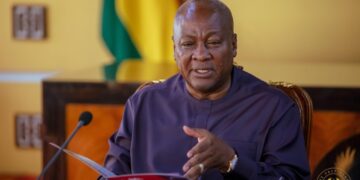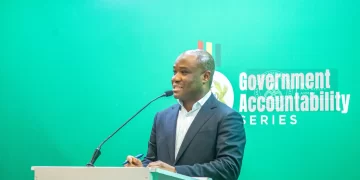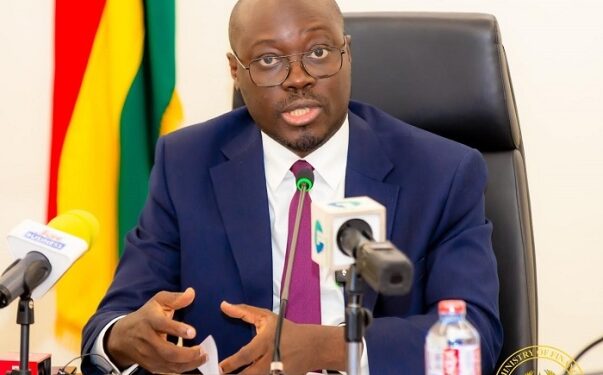The Ministry of Finance has launched a comprehensive forensic audit into GH¢4.4 billion in outstanding government payables, marking a bold step toward improving fiscal discipline and restoring credibility to Ghana’s public finances.
Finance Minister Dr. Cassiel Ato Forson made the announcement during a joint press briefing on April 15, 2025, with officials from the Bank of Ghana and the International Monetary Fund (IMF). The audit, which spans eight weeks, is being undertaken by the Auditor-General’s office in collaboration with two international accounting firms.
“This audit is essential in verifying the legitimacy of accumulated payables and ensuring that every cedi owed is accurately accounted for,” Dr. Forson stated, adding that the review would also offer actionable recommendations to address any irregularities uncovered.
The move forms a central pillar of Ghana’s ongoing IMF-backed reform programme, under the Extended Credit Facility, and comes in response to recent fiscal slippages, including the country’s failure to meet its 2024 primary surplus target.
Read Also: IMF approves $370M for Ghana, warns of overspending and delayed reforms
Government officials have attributed the missed targets to the growing backlog of unpaid obligations, which has become a major risk to economic stability.
Alongside the audit, the government is rolling out broader fiscal reforms. Recent amendments to the Public Financial Management Act have introduced a legally binding debt ceiling of 45% of GDP to be achieved by 2035. They also mandate annual primary budget surpluses of at least 1.5% of GDP and establish an independent Fiscal Council to monitor compliance.
In a bid to enhance transparency, the Finance Ministry will also begin publishing quarterly performance scorecards of Ministries, Departments, and Agencies (MDAs), ranking them based on adherence to spending controls and budget discipline.
The audit is expected to be completed by June 2025, just in time for the IMF Executive Board’s review of Ghana’s next disbursement of $370 million. If approved, this would bring Ghana’s total receipts under the current programme to $2.3 billion.
Additionally, the Finance Minister revealed that longstanding arrears in the energy sector will be tackled separately through newly implemented frameworks such as the Cash Waterfall Mechanism and a Single Treasury Account to streamline payments to Independent Power Producers.
Dr. Forson described the recent staff-level agreement with the IMF as a positive sign that Ghana remains committed to achieving long-term macroeconomic stability through bold, transparent, and sustained fiscal reforms.


























